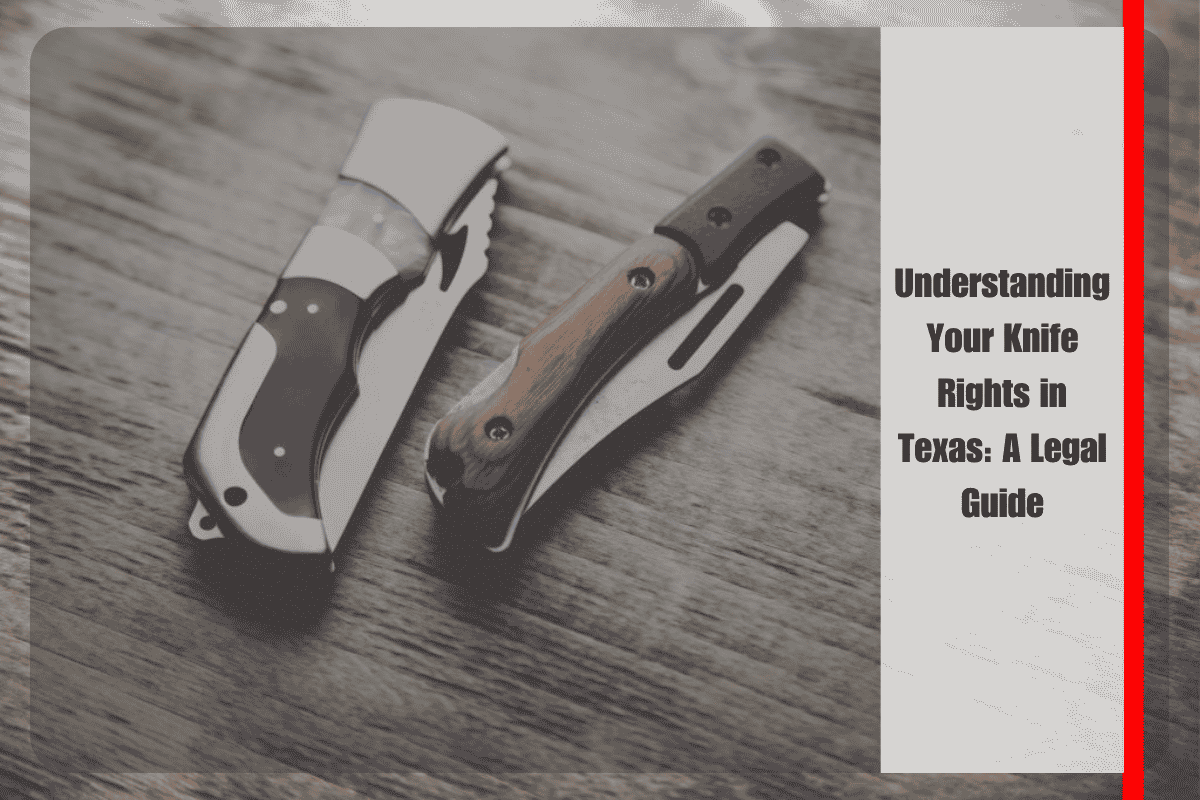Texas is widely regarded as one of the most permissive states in the United States when it comes to knife laws, offering residents and visitors considerable freedom to own and carry a wide variety of knives. However, while the laws are generally lenient, they do include important restrictions and nuances that are essential to understand for anyone wishing to exercise their knife rights responsibly and legally. The legal landscape in Texas regarding knives has evolved over time, most notably with the passage of House Bill 1935 in 2017, which significantly liberalized knife carry laws and set a clear standard for the state.
Prior to 2017, Texas law included a patchwork of restrictions on certain types of knives, such as switchblades and Bowie knives, and even imposed strict limits on the length of blades that could be carried. The reform of these laws removed many of these barriers, making it legal to own, purchase, and carry almost any type of knife, including switchblades, butterfly knives, daggers, and throwing knives. This change reflects Texas’s commitment to individual freedoms and the rights of its citizens to carry tools for self-defense, utility, and recreation.
Under current law, adults and minors alike are permitted to carry knives with blades of 5.5 inches or less in most public places, whether openly or concealed. This means that individuals can carry folding knives, utility knives, or even certain fixed-blade knives as long as the blade does not exceed this length. There are no state-imposed limits on the number of knives a person may carry, nor are there restrictions on the type of knife, as long as the blade length is within the allowable range for unrestricted carry. However, the law draws a clear distinction when it comes to knives with blades longer than 5.5 inches, which are referred to as “location-restricted knives.”
Location-restricted knives can be legally owned and carried by adults, but their possession in certain sensitive areas is prohibited. These restricted locations include schools and educational institutions, government buildings, courthouses, correctional facilities, amusement parks, places of worship, hospitals, nursing homes, and bars or restaurants where alcohol sales make up more than 51% of the business’s revenue. Carrying a location-restricted knife into one of these areas is considered a Class C misdemeanor, punishable by a fine of up to $500. If the violation occurs on school property, the offense can be elevated to a felony, carrying much more severe penalties.
Minors under the age of 18 face additional restrictions. They are not allowed to carry location-restricted knives unless they are under the direct supervision of a parent or guardian, or are participating in lawful hunting, fishing, or sporting activities. Supplying a location-restricted knife to a minor without parental consent is a Class A misdemeanor, reflecting the state’s intent to protect young people from potential harm.
Texas law also preempts local ordinances, meaning that cities and counties cannot enact their own knife laws that are more restrictive than state law. This ensures a uniform set of rules across Texas, making it easier for residents and visitors to understand and comply with the law. In terms of self-defense, Texas recognizes the right to use knives for personal protection under the state’s Stand Your Ground and Castle Doctrine laws, provided that the use of force is justified.
Texas offers some of the most expansive knife rights in the country, but it is important to be aware of the specific rules regarding blade length and restricted locations. Understanding these laws helps ensure that individuals can enjoy the freedom to carry knives for self-defense, work, or recreation without running afoul of the law.
Sources
[1] https://thewrangler.com/understanding-your-knife-rights-in-texas-a-legal-guide/2025/06/13/
[2] https://www.tosahwi.com/blogs/texas-knife-laws
[3] https://tkellknives.com/knife-laws-in-texas-understanding-your-rights-and-restrictions/
[4] https://texascriminaldefensegroup.com/understanding-texas-knife-laws/
[5] https://www.akti.org/state-knife-laws/texas/












